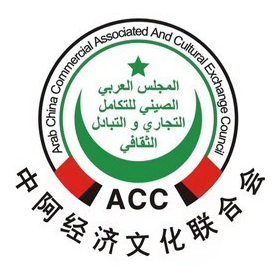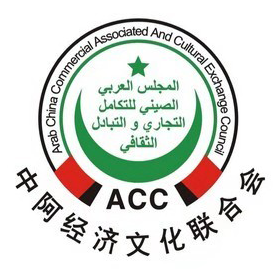High-end interviews: The “One Belt, One Road” initiative helps achieve the UN Sustainable Development Goals – Interview with former Egyptian Prime Minister Esam Sharif Xinhua News Agency,Cairo
High-end interviews: The “One Belt, One Road” initiative helps achieve the UN Sustainable Development Goals – Interview with former Egyptian Prime Minister Esam SharifXinhua News Agency, Cairo, April 14th High-end interview: “One Belt, One Road” initiative helps achieve the UN Sustainable Development Goals – Interview with former Egyptian Prime Minister Esam Sharif
Former Egyptian Prime Minister Esam Sharif said in an exclusive interview with Xinhua News Agency in Cairo that China’s “One Belt, One Road” initiative is highly compatible with the 17 sustainable development goals set by the United Nations. The in-depth development of the “Belt and Road” cooperation will help promote the realization of the UN Sustainable Development Goals.
In September 2015, 193 Member States of the United Nations adopted the 2030 Sustainable Development Agenda, centered on 17 sustainable development goals, namely poverty-free, zero hunger, good health and well-being, aimed at eradicating poverty, eradicating hunger and promoting men and women. Equality, tackling climate change, and strengthening the global partnership for sustainable development
Sheloff pointed out that the “One Belt, One Road” initiative covers a wide range of areas including policy communication, facility connectivity, smooth trade, financial finance, and people's hearts. These areas are highly aligned with the areas covered by the United Nations Sustainable Development Goals, both for economic and social development, emphasizing the creation of a better and more sustainable future for people, which is the most important theme of the UN Sustainable Development Goals.
He also pointed out that the “Belt and Road Initiative” is of great significance to developing countries. It took China only 40 years to build a poor and weak country into the world's second largest economy. Through the "One Belt, One Road" cooperation, developing countries can not only learn from China's development experience, but also gain strong support to promote national economic development and improvement of people's livelihood.
He believes that the United Nations has not proposed corresponding inter-state cooperation mechanisms to achieve sustainable development goals, and the “Belt and Road” initiative is one of the most pragmatic ways to achieve these goals.
In December 2018, the first meeting of the Advisory Committee of the “Belt and Road” International Cooperation Summit Forum was held in Beijing. The Advisory Committee is a non-profit and international policy advisory body that aims to provide intellectual support for the development of the “One Belt, One Road” International Cooperation Summit. The committee consists of former national politicians, former heads of international organizations, leaders of business and industry, and well-known scholars in related fields. Sherif is one of the committee members.
“The Advisory Committee includes representatives from many European countries. This is a positive signal that Europe has begun to realize the importance of the “Belt and Road”,” said Sheaf.
He also pointed out that the “Belt and Road Initiative” is of great significance to developing countries. It took China only 40 years to build a poor and weak country into the world's second largest economy. Through the "One Belt, One Road" cooperation, developing countries can not only learn from China's development experience, but also gain strong support to promote national economic development and improvement of people's livelihood.


